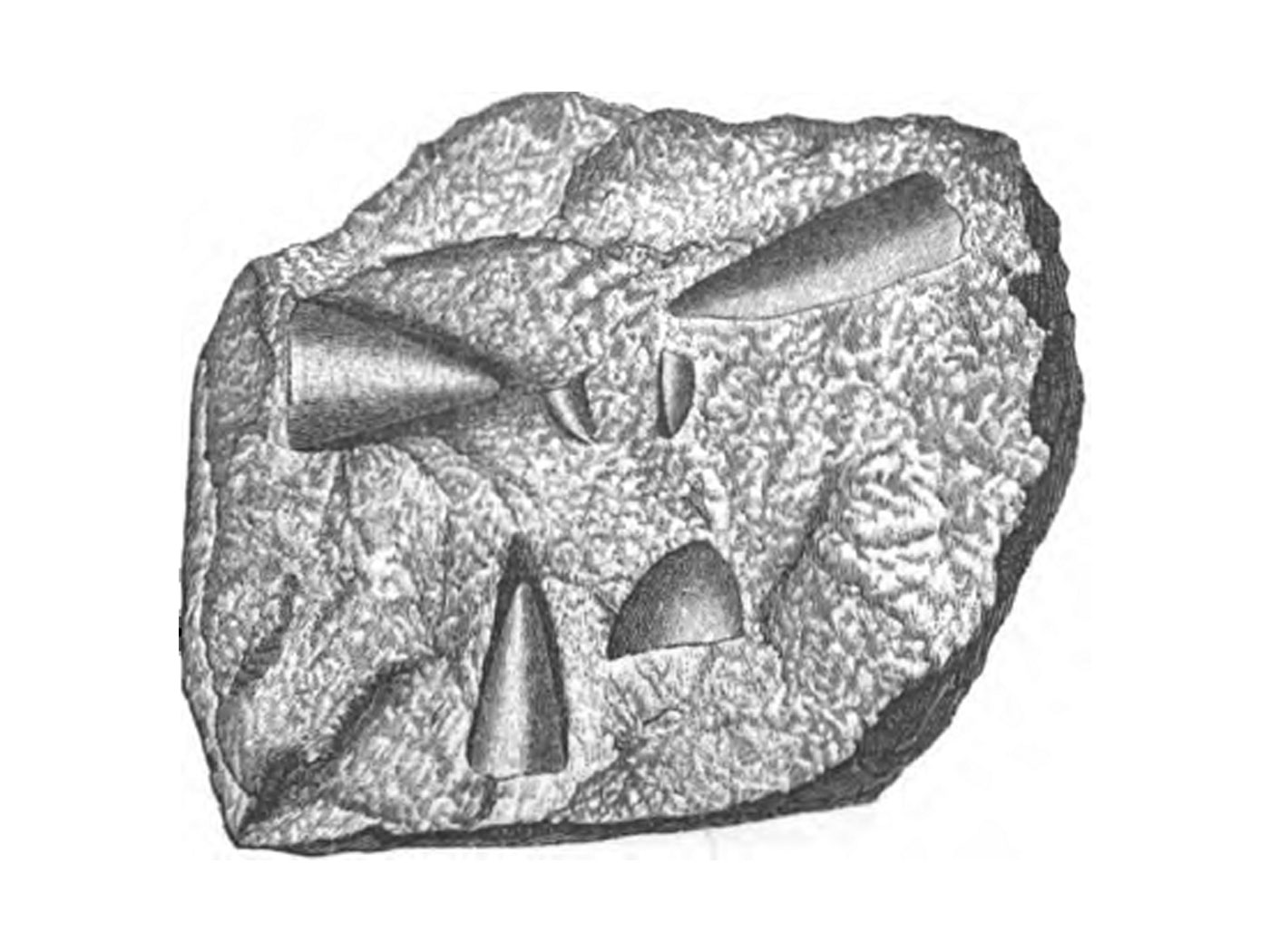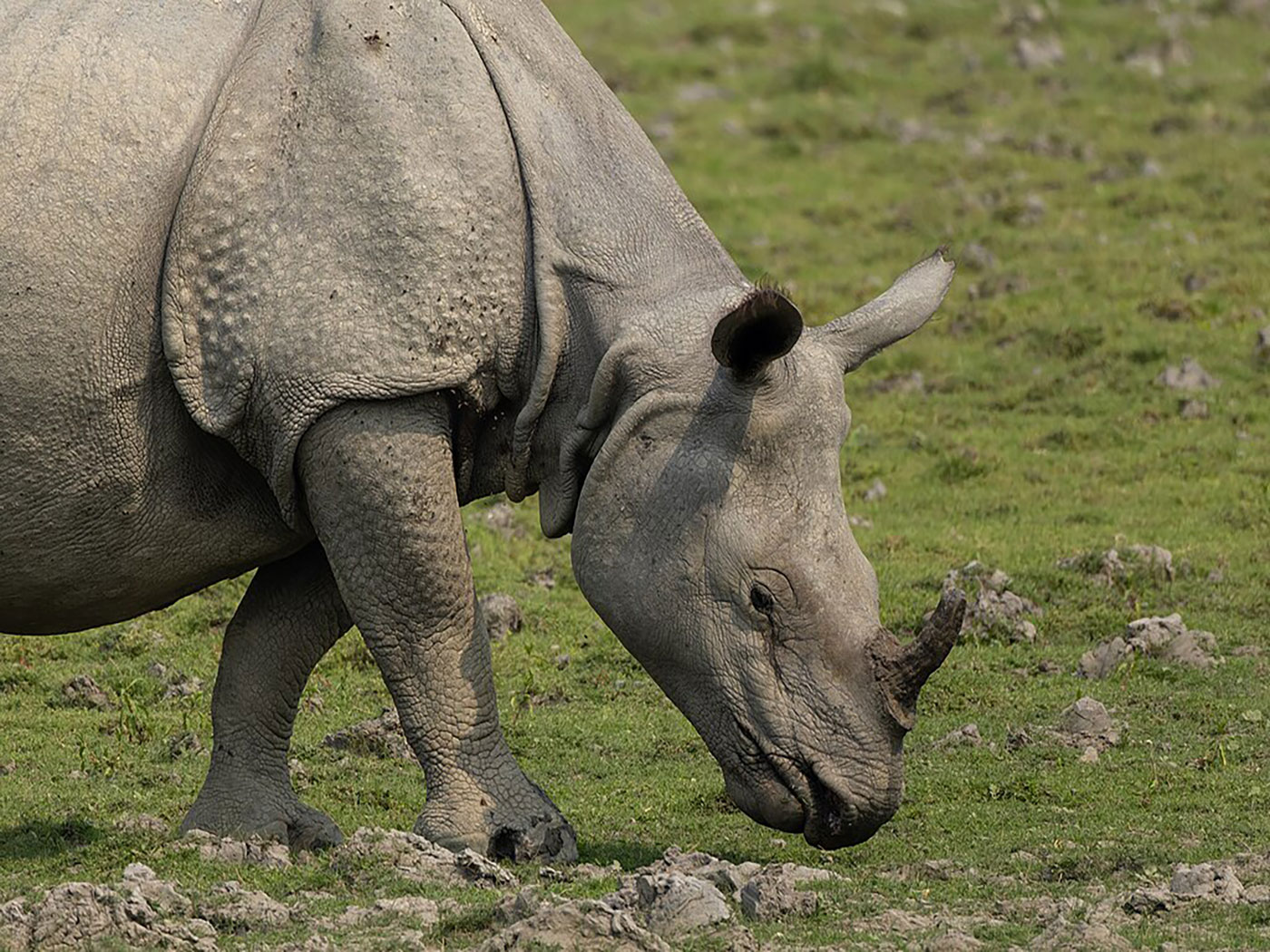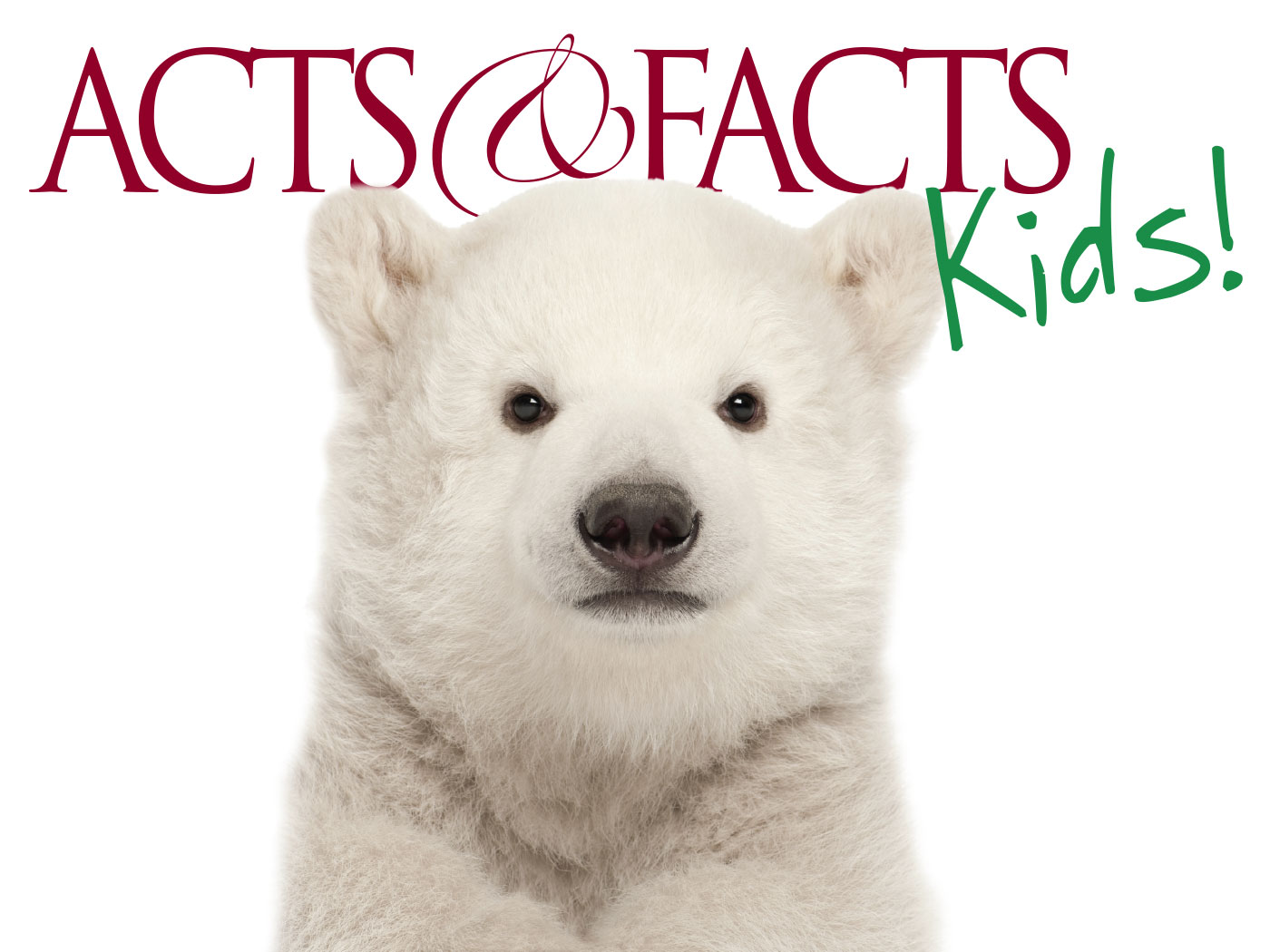In the early days of genetics, genes were thought to be solitary entities. Now it's well understood that genes operate in complex networks and that gene mutations can have multiple detrimental effects. A new study reconfirms mutations are a major roadblock for evolution.1
Before the advent of modern molecular biology, scientists defined a gene as a single unit of inheritance. If a gene was found to influence multiple externally visible traits, it was said to be pleiotropic—a term ï¬rst used in 1910.2 During this early period of genetic discovery, pleiotropy was considered to be quite rare because scientists assumed most genes only possessed a single function—a simplistic idea that remained popular throughout most of the 20th century. However, as our understanding of genetics grew through DNA science, it became clear that genes operate in complex interconnected networks. Furthermore, individual genes produce multiple variants of end products with different effects through a variety of intricate mechanisms.2,3 Taken together, these discoveries show that pleiotropy is a common feature of nearly every gene.
Pervasive pleiotropy is a major problem for the concept of evolution in which mutations are thought to provide the genetic fodder for new beneficial traits to evolve. However, not only are mutations hardly ever beneficial, but because genes are so widely interconnected in the genome, a mutation in one gene will have a downstream effect on many others, especially if it's in a gene involved in regulating other genes. Or if an enzyme-producing protein-coding gene is disrupted by mutation, the biochemical pathway associated with it can be adversely affected. And there are many other ways that dysfunctional mutated genes and their encoded proteins or RNAs can have harmful effects in the cell.
The pleiotropy evolution problem is widely known among secular geneticists, but rarely discussed in the popular media. In this new research report, the authors state, "Many studies have provided evidence for the ability of pleiotropy to constrain gene evolution."1 In an effort to further analyze the restraints of pleiotropy on the evolutionary model, the researchers focused on genes that produce proteins called transcription factors (TFs) which act like switches in the genome turning other genes on and off. Specifically, the researchers sought to determine the interactions between TFs and their interactive ability to bind to DNA and control genes and the result of these effects on mathematical evolutionary models.
Once again, as with other modern genetic studies in pleiotropy, evolution came up wanting. The researchers stated, "Our study provided supportive evidence that pleiotropy constraints [sic] the evolution of TFs." Not surprisingly, they also found that the more pleiotropic a gene was, the more associated it was with disease when mutated. The authors state, "We showed that highly pleiotropic genes are more likely to be associated with a disease phenotype."1
As a scientist who believes the genome is an engineering marvel of complex interconnected code and cellular machinery beyond our wildest imaginations, study results like this come as no surprise. But to evolutionists who believe that life and its incredible complexity somehow evolved through chance processes, this is just one more inconvenient conclusion that can't be explained with their failed scientific model.
Truly it is as the Bible says in Romans 1:20, 22, "For since the creation of the world His invisible attributes are clearly seen, being understood by the things that are made, even His eternal power and Godhead, so that they are without excuse," and, "Professing to be wise, they became fools."
References
- Chesmore, K. N., J. Bartlett, C. Cheng, and S. M. Williams. 2016. Complex Patterns of Association between Pleiotropy with Transcription Factor Evolution. Genome Biology and Evolution. 8 (11): 3159-317.
- Stearns, F. W. 2010. One Hundred Years of Pleiotropy: A Retrospective. Genetics. 186 (3): 767-773.
- Tomkins, J. 2015. Extreme Information: Biocomplexity of Interlocking Genome Languages. Creation Research Society Quarterly. 51 (3): 186-200.
Article posted on December 8, 2016.













